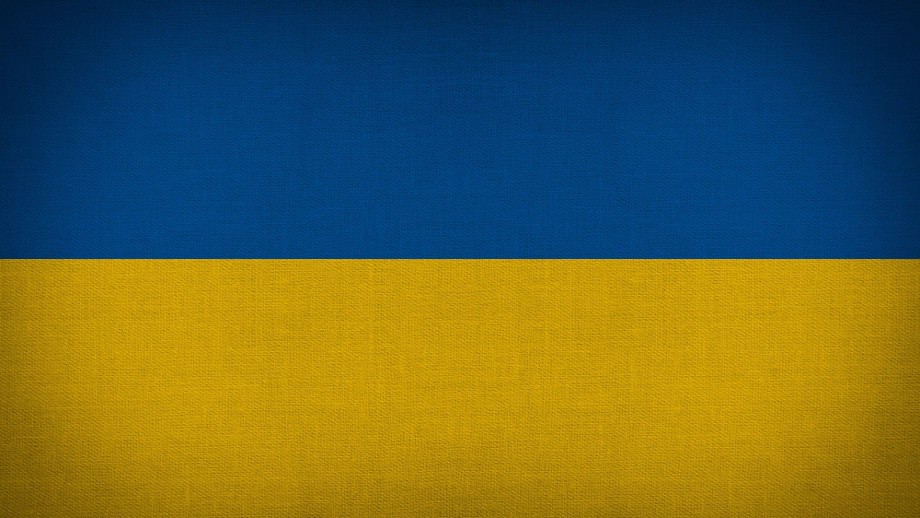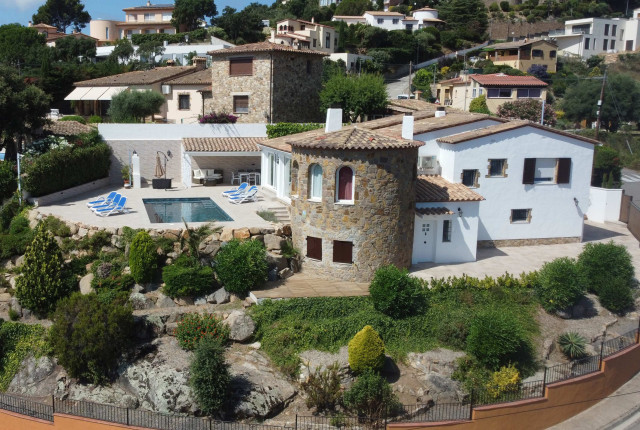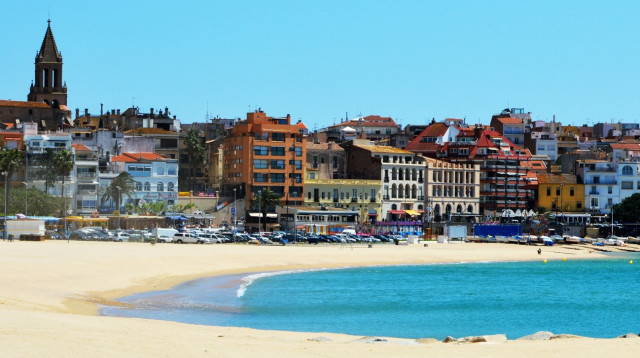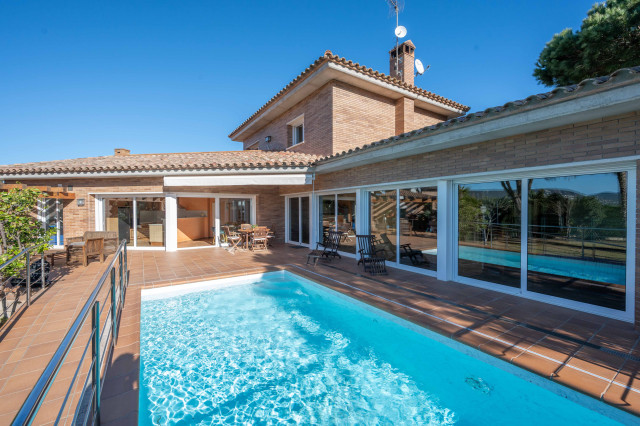Has the armed conflict in Ukraine affected the real estate sector?
This new crisis has once again shaken up many sectors that were in the post-COVID recovery phase.


Russia’s military invasion of Ukraine is undoubtedly one of the worst global disasters in recent years.
Just when the economy was coming out of the turbulent period caused by the Coronavirus, this new crisis has once again shaked up many sectors that were in the recovery phase.
The real estate sector is no exception. The increase in the Consumer Price Index, the increase in rents, and a significant drop in the luxury rental business, have been some of the first effects of this devastating war that we all hope will end soon.
Inflation increases the rental costs and mortgages
In our country many of the rental contracts are linked to the CPI. Since February this rate is 7.4%, the highest in 33 years; and which is expected to continue to increase as a result of the war in Ukraine. For this reason, the Rental Negotiating Agency announces possible breaches of rental contracts and defaults if the property owners fully apply this increase.
To fight against this increase in rents that could further aggravate the crisis left by the pandemic, the government is already studying the possibility of temporarily freezing the clause in rental contracts that allows landlords to update rents according to the CPI.
With regard to mortgages, interest rates have remained stable up to now and the European Central Bank has announced that it does not intend to raise them. However, if the situation continues as it is now and inflation does not stop, the ECB would have no choice but to increase interest rates.
Russia’s relationship with luxury real estate: will it affect the sector?
Russian buyers have always had a preference for luxury homes, especially those located on the coast of the country, as is the case of the Costa Brava and the Balearic Islands. On average, the Russian buyer used to look for properties of more than 100m2, with prices ranging between €500,000 and €10,000,000.
The new economic sanctions imposed by the European Union and the United States, such as the expulsion of several Russian banks from the SWIFT system, could stop the purchases of these clients who would be unable to transfer money safely internationally. This fact could also affect the Costa Brava, since it is one of the most sought-after areas by foreign clients who seek luxury and exclusivity above all else.
However, in the average calculation of real estate purchases in Spain made by foreigners, Russian clients do not even account for 2% of the total annual purchases. For these reasons, neither the sector nor the total evolution of prices will be highly affected.
The construction sector affected by the price of materials
Construction costs have reached historic highs in a period characterised by the remnants of a global pandemic and a war whose end no one can predict.
Inflation has taken its toll on the prices of building materials, especially products imported from Russia. In this case, aluminium is one of the most affected, as this country is one of its largest exporters, but the prices of concrete and steel have also risen substantially.
This rise will directly affect the final price of homes and thus the behaviour of buyers. In addition, a certain decrease in the demand for new-build houses or apartments for investment is expected in the face of general uncertainty.
At Porfinca we will keep abreast of the latest developments in order to anticipate and adapt to new situations in order to provide the best possible service to our clients.
More recent articles from the blog
-
 March 7th, 2025
March 7th, 2025 -
 November 15th, 2024
November 15th, 2024New construction project Santa Marta near the beach in the heart of Palamós!
-
 September 12th, 2024
September 12th, 2024The Sant Daniel urbanization near the beaches of Sant Antoni de Calonge
-
 June 25th, 2024
June 25th, 2024

